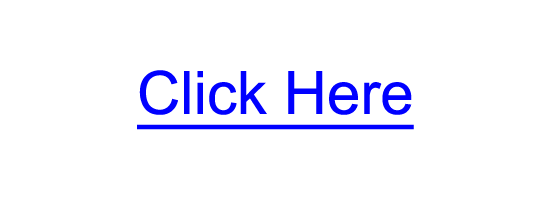Stop Not Linking
 Image by Six Revisions
Image by Six Revisions
The Internet is rife with opinions. It’s a stew of different communities, complete with their own thought leaders and carefully-drawn lines to separate them. I have my own community, and the occasions where I get a look at others are the opportunities for me to grow.
Since the beginning of the Internet, the hyperlink has been the token of currency, strengthening the bonds that tie all the thinkers of the Web together. And that should include the ones who disagree with each other.
In fact, the disagreements should have the strongest ties between them.
I read The Macalope regularly — this satirical mythical beast spends his time showing the ridiculousness of the press about Apple. I’ve enjoyed his writing for years. But there’s long been a small part of me that twinges a bit inside whenever he refuses to link to the article he’s criticizing.
To be sure, there’s a sound rationale for refusing to link: his targets are often shameless click-whores, spewing crazy talk for the sole purpose of generating traffic, a tiny percentage of which will click their ads and make it rain!Here’s an example from the most recent column. You can see he’s linking to two out of three articles (a marked improvement over earlier days), but that third is a typical example of what I’m talking about.
You can argue The Macalope is a mythical beast whose link practices don’t affect us humans. And while I would argue that if you’re going to disagree with someone, you should link to them, this is satire, after all, and I doubt anyone’s getting hurt.
Let’s get serious
Misogyny in the tech space has been getting a lot of blog-inches lately, and for good reason: the mass of evidence suggests that women are being seriously mistreated. My disgust with men has already been documented, and it sure as hell hasn’t gotten any better. This post is not about that.
I was instead reading this post, a very well-done summary of The Week in Misogyny. It’s so rare for real life to have themes, but the author Annalee did a great job highlighting the dangers women face when they speak up.
The post covers three events in the past week, and it’s only the third that makes the mistake of today’s topic. It’s ironic that the target of the author’s ire is someone who was trying to act as an ally for women. Jeff Atwood is an experienced writer, has tons of respect in the technical community, and was speaking in support of women’s issues. But the author disapproves of how he did it, and so does not provide a link to Atwood’s column.
As a reader of Annalee’s post, I was intrigued. I’d missed Atwood’s post myself, so I was looking forward to tapping through and seeing if this author’s disagreements were justified. Has Jeff let me down? I wondered.
But I couldn’t do that. Annalee’s link policy effectively shut down the debate, providing links only to those on the same side of the debate, in particular another man’s response to Atwood, who also does not link to Atwood’s piece.
(I couldn’t believe it with Jacob Kaplan-Moss’s piece. It’s a goddamn sea of links in there, and the whole topic of that post is Atwood’s post. But not one link to the article? I had to search the HTML source to be sure. Nope.)
To be clear, I’m not writing about the issue of misogyny. This is about the rules governing fair debate. The back-and-forth that a hyperlink provides is how people form opinions. If you cut off the link, you’re breaking the Internet and the only result is a greater bifurcation of people into their own communities.
So cut it out. Link it up.